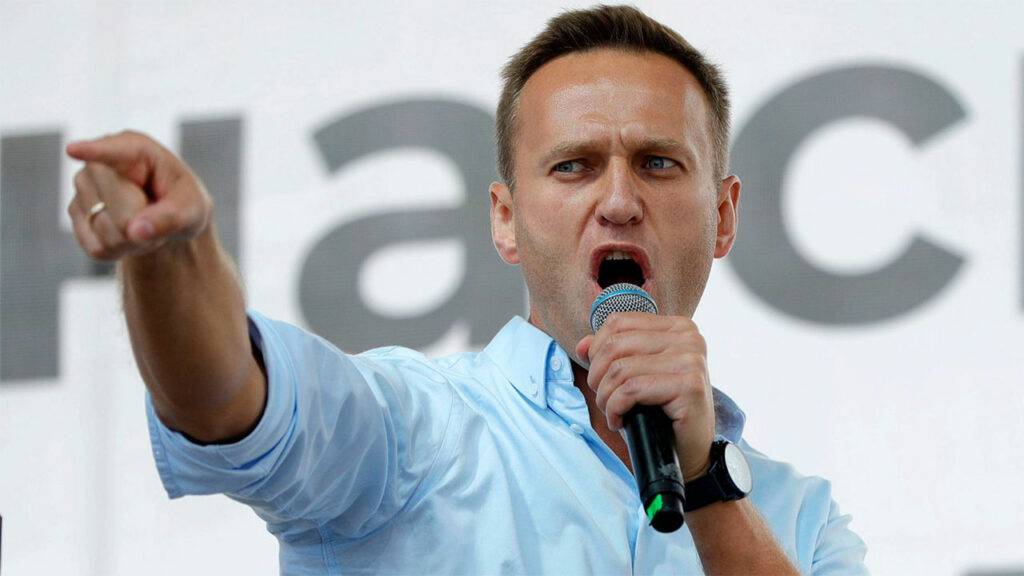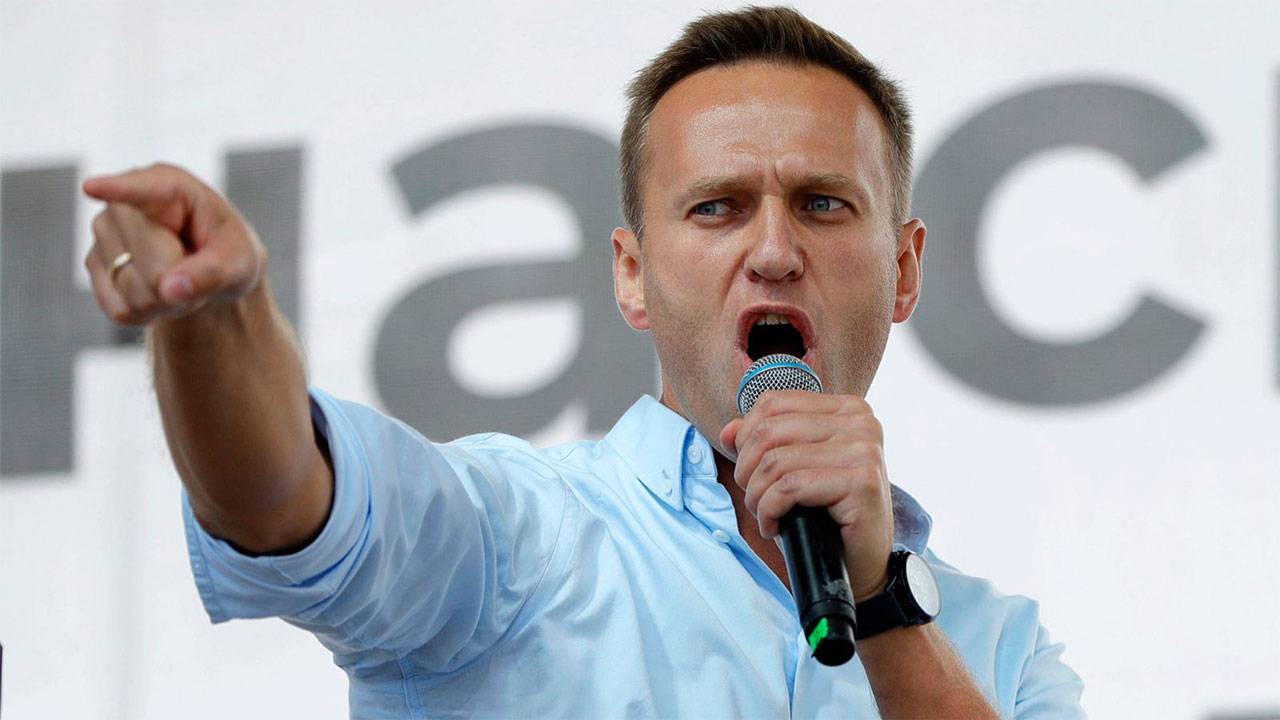In recent times, the world has closely watched the developments surrounding Alexei Navalny, a prominent critic of Vladimir Putin’s regime. Navalny, known for his anti-corruption campaigns and opposition to the war in Ukraine, has been a key figure in Russian politics.
This article aims to delve into Navalny’s stance on Ukraine and explore the potential reasons behind the threats he posed to Putin’s government.

Alexei Navalny on Ukraine
“Navalny campaigned against the war in Ukraine, and that may have been the bigger worry for Putin.” As tensions heightened, especially with presidential elections on the horizon, Navalny’s anti-war stance gained significance. The threat was not just political but also extended to the sentiments of the Russian people.
What was Alexei Navalny’s Take on Ukraine
Navalny’s stance against the war resonated with a broader sentiment in Russian society. Vladimir Kara-Murza, another critic of Putin currently imprisoned, highlighted in an article that Nadezhdin’s campaign provided a “much-needed morale boost” for Russians concerned about the ongoing war in Ukraine.
Kara-Murza noted that Russian society has been disoriented and demoralized since Putin’s aggressive actions in Ukraine began. Nadezhdin’s campaign, gaining momentum with 200,000 petition signatures, symbolized a growing desire for change among the Russian populace.
Did Navalny’s Death Silence a Potential Rival?
Some speculate that Navalny’s untimely death could be an attempt to silence a charismatic opponent who was gaining popularity due to his outspoken criticism of the war in Ukraine. By eliminating Navalny, Putin may have sought to suppress the anti-war sentiment and maintain control over the narrative surrounding his actions in Ukraine.
The Broader Context: Russia’s Aggression
The article further emphasizes that the cessation of hostilities and the withdrawal of Russian troops from Ukraine’s borders are insufficient for lasting peace.
Russia’s history of military aggression in various regions, including Moldova, Syria, Ukraine, Georgia, the Central African Republic, and Mali, raises concerns about the need for accountability, justice for war crimes, and structural reform.
The Russian Opposition’s Role
The ongoing struggle against the Putin regime is not only about Ukraine; it extends to the internal socio-economic consequences of war near European borders. The Russian opposition, currently building its profile and resources, faces the challenge of balancing its priorities between representing Russian interests and supporting Ukraine’s fight against dictatorship.
Conclusion
Navalny’s outspoken opposition to the war in Ukraine created ripples in the Russian political landscape. The suppression of anti-war voices, as seen in the case of Boris Nadezhdin, reveals the Kremlin’s attempt to maintain control over the narrative.
The future of Russia’s opposition, its stance on justice for Ukraine, and its role in the post-Putin era remain open questions, adding layers of complexity to the already intricate geopolitical landscape.





